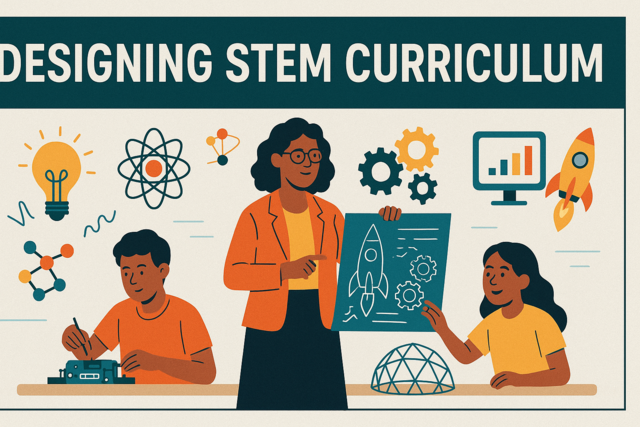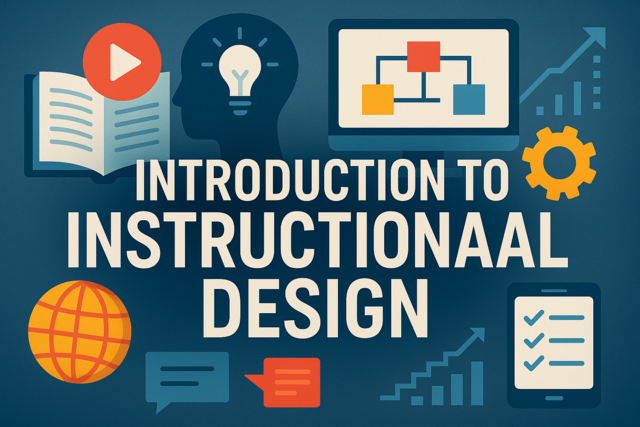Online Class: Engaging Families in the Educative Process

no certificate
with CEU Certificate*
-
15Lessons
-
22Exams &
Assignments -
5Hours
average time -
0.5CEUs
Course Description
Course Title: Engaging Families in the Educative Process
Imagine a web of connections stretching across a vibrant educational landscape, each thread representing a bond between educators, students, and their families. At the heart of this intricate pattern lies a simple yet profound truth: when families are actively engaged in the educational process, magic happens. "Engaging Families in the Educative Process" invites you to become the architect of this magic, a catalyst who transforms mere academic exercises into a collaborative symphony of learning and growth.
Envision an educational ecosystem where cultural diversity isn't just acknowledged but embraced as a powerful asset; where communication isn't a barrier but a bridge that unites disparate backgrounds into a cohesive community; and where every conversation between school and home enhances the student's journey with unique insights and perspectives. In this course, you will learn not just how to create these connections but why they are the cornerstone of truly effective education.
Guided by the understanding that education is a collective effort, this course will inspire you to look beyond traditional paradigms. Here, families are not spectators but active participants woven into the educational fabric. Whether it's through recognizing the socio-economic challenges that shape a child's learning environment, or celebrating diverse familial structures, you will develop the ability to engage every student's unique family background and collaborate with them to unlock potential you never knew existed.
Throughout your journey, you'll delve deeply into the rich tapestry of cultural nuances that influence education. Learn to harness the power of cultural context, mastering the delicate dance of empathy and communication to foster environments where families of all backgrounds feel valued and essential. As you explore the landscape of parental involvement, you'll discover strategies that invite rather than instruct, creating a harmonious dialogue that personalizes learning experiences to suit the strengths and needs of each student.
Digital platforms, too, become your allies in this quest. Through innovative tools like Google Classroom and Seesaw, you'll learn to transcend geographical and temporal limitations, enabling parents and guardians to partake in the educational journey actively. Your classroom will transform into a hub of information and collaboration, where families, regardless of obstacles, stand shoulder to shoulder with you in nurturing their child's educational dreams.
But beyond technology and strategy, this course offers something far more profound: a shift in perspective. You will start to see families not just as an extension of their children's educational journey but as critical partners. These relationships are not about managing or directing but co-creating—recognizing the familial influence as a foundation upon which to build future successes, both academic and personal.
Engaging Families in the Educative Process challenges you to rethink the parameters of education itself. Are you ready to be part of a narrative that celebrates all types of families, transforming barriers into bridges, and isolation into partnership? The impact of family engagement ripples outwards, enhancing not only grades and attendance but social skills, behavior, and community building.
Arriving at the confluence of educator, student, and family, you'll feel a profound transformation. By recognizing families as partners, you'll enrich your teaching practice and ignite a holistic development in students that prepares them for life beyond the classroom. Join us on this transformative journey, and together we'll build a future where education is an inclusive, multicultural experience—a shared journey of growth, achievement, and connection.
If your heart beats with the passion for education and the desire to enrich lives, this course is your calling. Take the step today and redefine learning for every student who walks into your classroom. Embrace the future with open arms and forge a path where family engagement isn't just encouraged, but vital, and where educational success blossoms in every home. Make the choice to enroll now, and transform your classroom into a beacon of inclusive, family-engaged learning.
- Completely Online
- Self-Paced
- 6 Months to Complete
- 24/7 Availability
- Start Anytime
- PC & Mac Compatible
- Android & iOS Friendly
- Accredited CEUs

Course Lessons
Lesson 1. Building Bridges: The Power of Family Engagement in Education
Embracing cultural diversity and effective communication in schools strengthens family engagement, ensuring equitable educational opportunities. Understanding and valuing different backgrounds enriches the school environment, fostering inclusive learning experiences that reflect diverse family values.Lesson 2. Cross-Cultural Influences on School Participation
Education is seen as a collective effort in many cultures, necessitating the involvement of extended family. Educators can enhance engagement by recognizing cultural norms, such as inviting aunts and uncles to school events.Lesson 3. Building Bridges: Educators and Families Uniting through Diversity
Socioeconomic status significantly impacts family dynamics, affecting children's access to educational resources and support. Schools can bridge these gaps through services like free lunch programs and homework help, ensuring equal opportunities for academic success.Lesson 4. The Power of Cultural Context in Education
Recognizing students' diverse cultural contexts enhances educators' ability to engage families and improve learning outcomes. Proactive communication and cultural sensitivity help bridge gaps and foster a more inclusive school environment.Lesson 5. Championing Parental Involvement: Strategies for Success
Effective collaboration between parents and educators facilitates a nurturing learning environment for students both at home and in school. Through open dialogue, parents share insights about their child's strengths, enabling teachers to tailor educational approaches to suit individual needs.Lesson 6. Empathy in Action: Strengthening Education Through Family Collaboration
Effective communication strengthens partnerships in education, enabling teachers and families to collaborate for the benefit of students’ learning experiences. By embracing cultural diversity and practicing empathy, educators can foster inclusive environments where families feel valued and actively participate in their child's education.Lesson 7. Unifying Education and Family: The Role of Digital Platforms
Platforms such as Google Classroom and Seesaw bridge educational gaps by enabling transparent information sharing between schools and families, enhancing parental engagement. Through social media and video conferencing, parents can actively support their child’s learning, despite challenges like time constraints or geographical barriers.Lesson 8. Cultural Sensitivity: Key to Family Engagement
Educators who grasp cultural sensitivity and diversity create bridges that connect varied family backgrounds to the educational experience, fostering inclusive environments where all students thrive. Tailoring engagement strategies to meet diverse needs empowers families and teachers alike, building a vibrant, multicultural community committed to student success.Lesson 9. The Family's Influence on Education: A Profound Exploration
Community partnerships enrich educational experiences by offering diverse resources and perspectives, preparing students for life beyond academics. These collaborations enhance student engagement and foster connections across various cultural backgrounds, strengthening the ties between schools and their communities.Lesson 10. A Panorama of Modern Family Dynamics in Education
Educators must embrace diverse family structures to create inclusive and supportive educational environments. Understanding these dynamics allows for strategies that cater to single-parent, blended, and same-sex parent families, fostering engagement and overcoming societal challenges.Lesson 11. Unlocking the Power of Family in Education: A Collaborative Approach to Student Assessments
Technological advancements empower family involvement in assessments, providing real-time insights through digital platforms that bridge gaps between schools and homes. Through constant communication via apps and online portals, families become active partners in their child's education, fostering a shared journey of growth and achievement.Lesson 12. Literacy in Everyday Life
A literacy-rich environment structured by family interactions fosters intellectual growth through exciting narratives and co-creative pursuits. By blending cultural stories, ebooks, and traditional reading, children's learning experiences expand beyond conventional settings.Lesson 13. Building Bridges: Community Partnerships for Holistic Student Development
Modern libraries provide diverse resources, including digital literacy classes, helping families develop essential skills in today's age. Community centers offer cultural, educational, and recreational activities that support students holistically and ignite lifelong interests.Lesson 14. The Ripple Effect of Family Engagement on Student Development
Family engagement is crucial for student success, forming supportive networks among families, educators, and communities to enhance both academic and personal development. Active involvement leads to better grades, attendance, social skills, and behavior, as demonstrated by various research studies and educational initiatives.Lesson 15. Communication as a Catalyst for Inclusive Education
Utilizing diverse communication tools, schools connect with families across cultural and technological divides, fostering a collaborative educational atmosphere. Engaging families in feedback mechanisms ensures that school policies evolve to reflect community values, enhancing trust and partnership.
Learning Outcomes
- Demonstrate ways families can engage in educational settings beyond traditional roles, such as participating in decision-making and volunteering, fostering a strong community connection.
- Recognize the correlation between consistent two-way communication and improved student outcomes, evidenced by better attendance, higher academic performance, and enhanced behavior.
- Define cultural competence and demonstrate its importance in fostering inclusive family-school partnerships.
- Identify and describe at least two strategies that schools can implement to enhance cultural awareness and improve family engagement.
- Analyze the influence of socioeconomic factors on family dynamics and identify strategies for educators to support diverse family needs effectively.
- Recognize and describe the various family structures and dynamics, including single-parent, blended, extended, and same-sex parent families, impacting educational settings.
- Analyze and explain the importance of culturally sensitive communication strategies by describing how these strategies can enhance family engagement within an educational setting.
- Demonstrate understanding of cultural contexts by identifying at least three ways family engagement strategies can be adapted to suit diverse cultural backgrounds.
- Demonstrate how technology can enhance communication between parents and educators to improve student outcomes by using specific examples.
- Identify and describe at least three ways active parental involvement influences a child's academic success and personal development.
- Define strategies to incorporate cultural sensitivity in communication to foster inclusivity and respect in family-teacher partnerships
- Demonstrate the use of digital tools to enhance two-way communication and actively engage families in their child's educational journey
- Define how digital communication tools like Learning Management Systems and social media can enhance family engagement in educational settings by providing real-time updates and resources.
- Demonstrate mastery of lesson content at levels of 70% or higher.
Additional Course Information

- Document Your Lifelong Learning Achievements
- Earn an Official Certificate Documenting Course Hours and CEUs
- Verify Your Certificate with a Unique Serial Number Online
- View and Share Your Certificate Online or Download/Print as PDF
- Display Your Certificate on Your Resume and Promote Your Achievements Using Social Media

Choose Your Subscription Plan
No Certificate / No CEUs
This course only
| Includes certificate | X |
| Includes CEUs | X |
| Self-paced |

|
| Instructor support |

|
| Time to complete | 6 months |
| No. of courses | 1 course |
Certificate & CEUs
This course only
| Includes certificate |

|
| Includes CEUs |

|
| Self-paced |

|
| Instructor support |

|
| Time to complete | 6 months |
| No. of courses | 1 course |
Certificates & CEUs
Includes all 600+ courses
| Includes certificate |

|
| Includes CEUs |

|
| Self-paced |

|
| Instructor support |

|
| Time to complete | 12 Months |
| No. of courses | 600+ |
Certificates & CEUs
Includes all 600+ courses
| Includes certificate |

|
| Includes CEUs |

|
| Self-paced |

|
| Instructor support |

|
| Time to complete | 24 Months |
| No. of courses | 600+ |
Related Courses
-
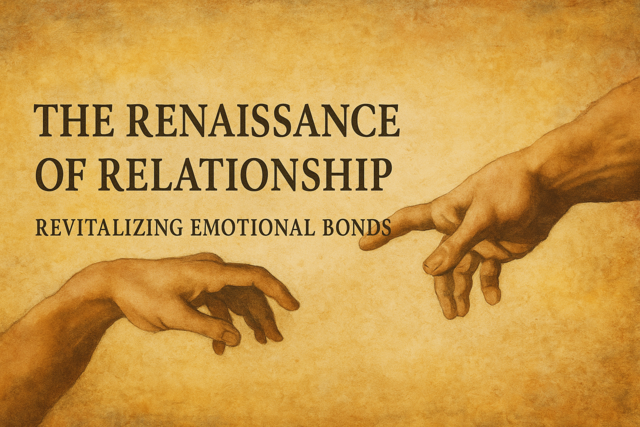 7 hours
0.7 CEUs
The Renaissance of Relationship: Revitalizing Emotional Bonds
+ More Info
7 hours
0.7 CEUs
The Renaissance of Relationship: Revitalizing Emotional Bonds
+ More Info
-
 4 hours
0.4 CEUs
Energy Medicine: Harnessing Your Body's Power
+ More Info
4 hours
0.4 CEUs
Energy Medicine: Harnessing Your Body's Power
+ More Info
-
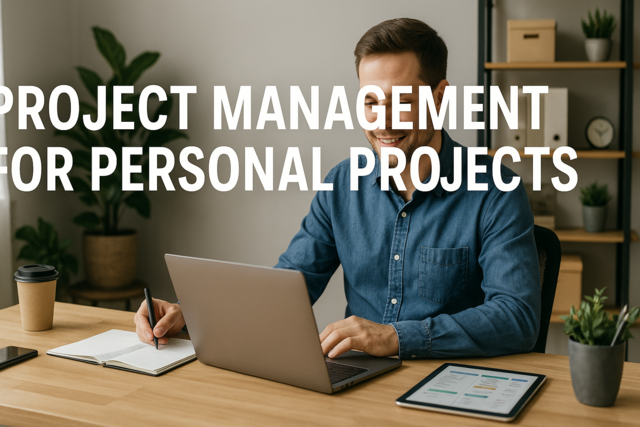 6 hours
0.6 CEUs
Project Management for Personal Projects
+ More Info
6 hours
0.6 CEUs
Project Management for Personal Projects
+ More Info
-
 3 hours
0.3 CEUs
Leadership in Love: Fostering Growth in Family Relations
+ More Info
3 hours
0.3 CEUs
Leadership in Love: Fostering Growth in Family Relations
+ More Info
-
 4 hours
0.4 CEUs
Astrology for Personal Growth
+ More Info
4 hours
0.4 CEUs
Astrology for Personal Growth
+ More Info
-
 6 hours
0.6 CEUs
Phenomena of the Mind: Examining Telepathy and Psychic Abilities
+ More Info
6 hours
0.6 CEUs
Phenomena of the Mind: Examining Telepathy and Psychic Abilities
+ More Info
-
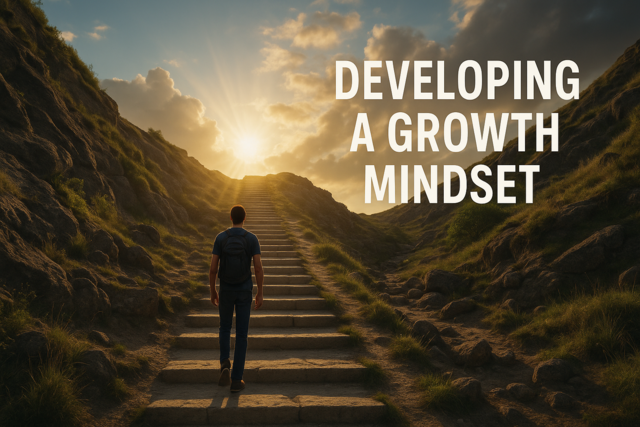 5 hours
0.5 CEUs
Developing a Growth Mindset
+ More Info
5 hours
0.5 CEUs
Developing a Growth Mindset
+ More Info
-
 6 hours
0.6 CEUs
The New Chic: Redefining Urban Elegance
+ More Info
6 hours
0.6 CEUs
The New Chic: Redefining Urban Elegance
+ More Info
-
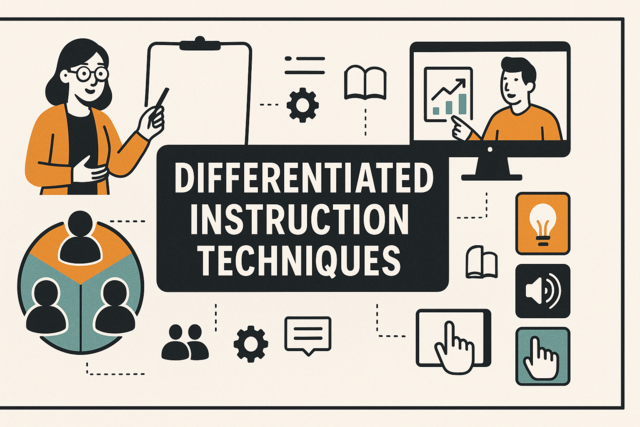 6 hours
0.6 CEUs
Differentiated Instruction Techniques
+ More Info
6 hours
0.6 CEUs
Differentiated Instruction Techniques
+ More Info
-
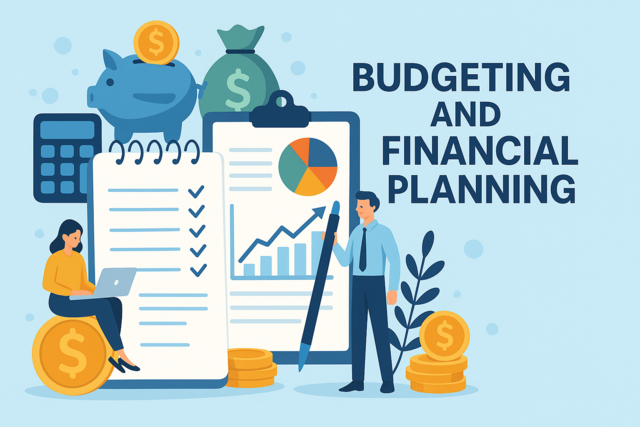 3 hours
0.3 CEUs
Budgeting and Financial Planning
+ More Info
3 hours
0.3 CEUs
Budgeting and Financial Planning
+ More Info
-
 4 hours
0.4 CEUs
Polished Precision: Men's Guide to Luxurious Tailoring
+ More Info
4 hours
0.4 CEUs
Polished Precision: Men's Guide to Luxurious Tailoring
+ More Info
-
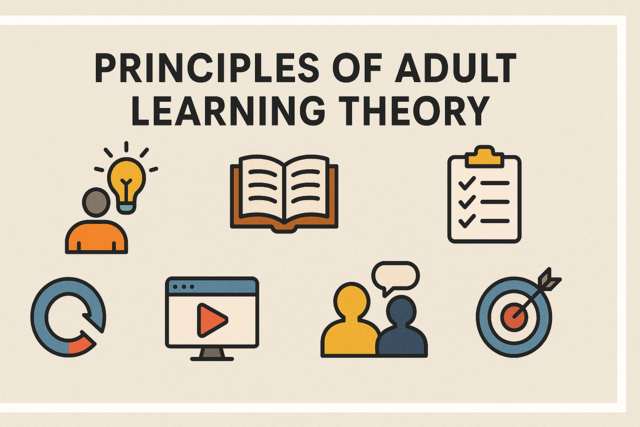 4 hours
0.4 CEUs
Principles of Adult Learning Theory
+ More Info
4 hours
0.4 CEUs
Principles of Adult Learning Theory
+ More Info
-
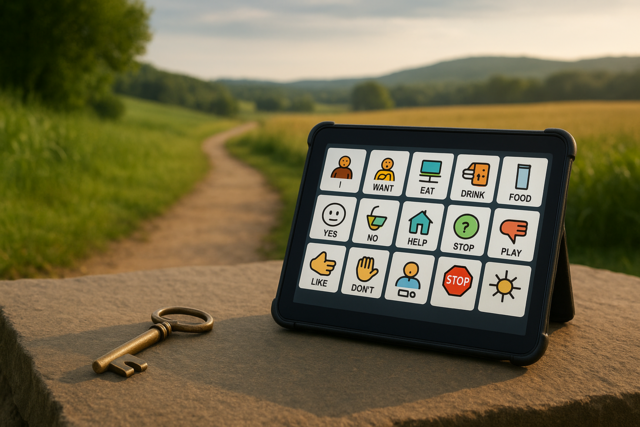 6 hours
0.6 CEUs
Assistive Communication Devices: Maximizing Potential
+ More Info
6 hours
0.6 CEUs
Assistive Communication Devices: Maximizing Potential
+ More Info
-
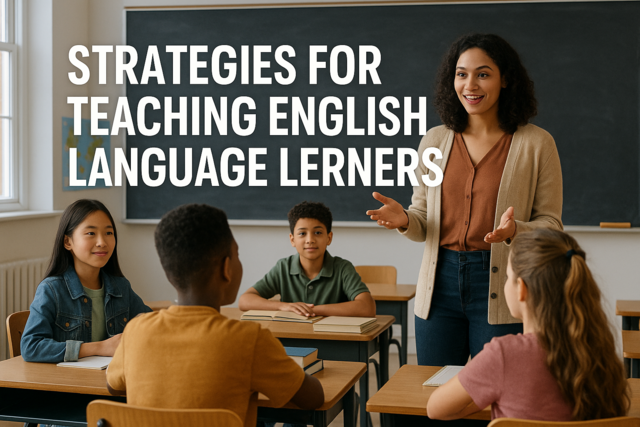 4 hours
0.4 CEUs
Strategies for Teaching English Language Learners
+ More Info
4 hours
0.4 CEUs
Strategies for Teaching English Language Learners
+ More Info
-
 7 hours
0.7 CEUs
Family Engagement and Support Strategies in Special Education
+ More Info
7 hours
0.7 CEUs
Family Engagement and Support Strategies in Special Education
+ More Info
-
 6 hours
0.6 CEUs
Numerology and Life Path Analysis
+ More Info
6 hours
0.6 CEUs
Numerology and Life Path Analysis
+ More Info
-
 3 hours
0.3 CEUs
Career Planning and Development
+ More Info
3 hours
0.3 CEUs
Career Planning and Development
+ More Info
-
 3 hours
0.3 CEUs
Creating and Maintaining Personal Boundaries
+ More Info
3 hours
0.3 CEUs
Creating and Maintaining Personal Boundaries
+ More Info
-
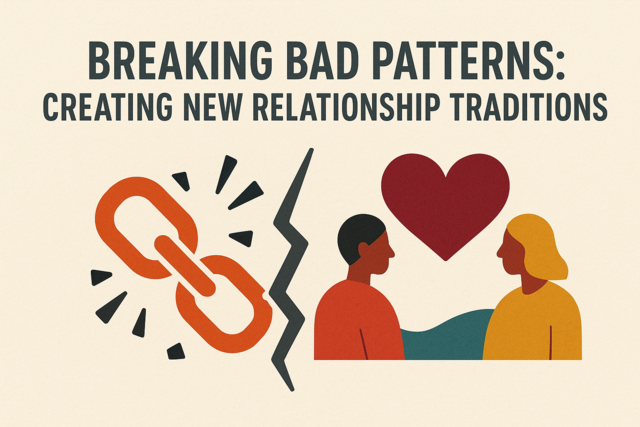 5 hours
0.5 CEUs
Breaking Bad Patterns: Creating New Relationship Traditions
+ More Info
5 hours
0.5 CEUs
Breaking Bad Patterns: Creating New Relationship Traditions
+ More Info
-
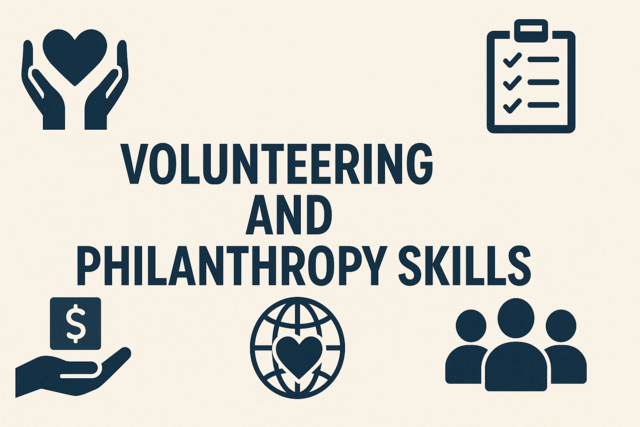 7 hours
0.7 CEUs
Volunteering and Philanthropy Skills
+ More Info
7 hours
0.7 CEUs
Volunteering and Philanthropy Skills
+ More Info
-
 6 hours
0.6 CEUs
Introduction to Data Analytics
+ More Info
6 hours
0.6 CEUs
Introduction to Data Analytics
+ More Info
-
 3 hours
0.3 CEUs
Holistic Approaches to Education
+ More Info
3 hours
0.3 CEUs
Holistic Approaches to Education
+ More Info
-
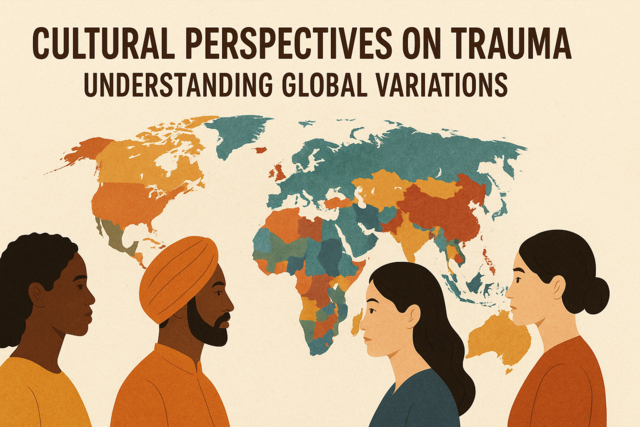 7 hours
0.7 CEUs
Cultural Perspectives on Trauma: Understanding Global Variations
+ More Info
7 hours
0.7 CEUs
Cultural Perspectives on Trauma: Understanding Global Variations
+ More Info
-
 5 hours
0.5 CEUs
Building Bridges: Techniques for Intergenerational Understanding
+ More Info
5 hours
0.5 CEUs
Building Bridges: Techniques for Intergenerational Understanding
+ More Info
-
 7 hours
0.7 CEUs
Mysteries of the Unexplained
+ More Info
7 hours
0.7 CEUs
Mysteries of the Unexplained
+ More Info
-
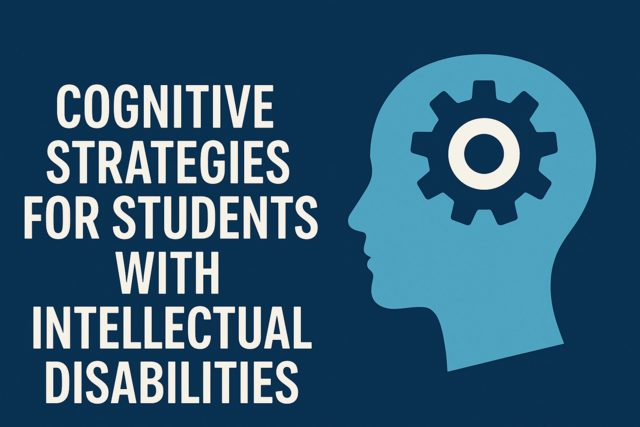 7 hours
0.7 CEUs
Cognitive Strategies for Students with Intellectual Disabilities
+ More Info
7 hours
0.7 CEUs
Cognitive Strategies for Students with Intellectual Disabilities
+ More Info
-
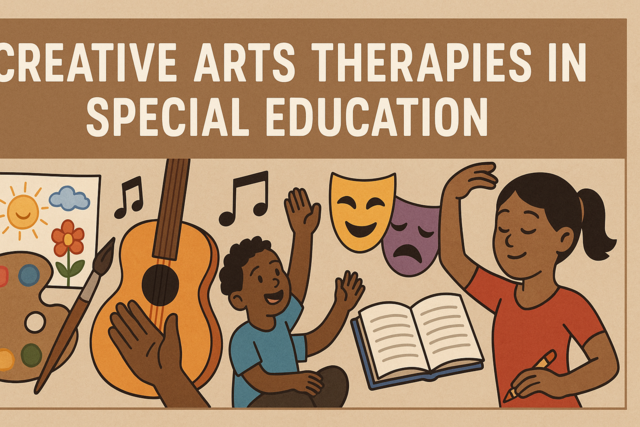 3 hours
0.3 CEUs
Creative Arts Therapies in Special Education
+ More Info
3 hours
0.3 CEUs
Creative Arts Therapies in Special Education
+ More Info
-
 7 hours
0.7 CEUs
Stress Less: Mindful Techniques for Family Harmony
+ More Info
7 hours
0.7 CEUs
Stress Less: Mindful Techniques for Family Harmony
+ More Info
-
 6 hours
0.6 CEUs
Introduction to Minimalist Living
+ More Info
6 hours
0.6 CEUs
Introduction to Minimalist Living
+ More Info
-
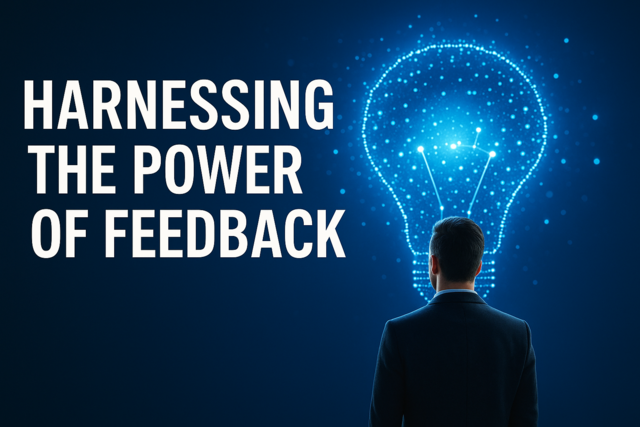 5 hours
0.5 CEUs
Harnessing the Power of Feedback
+ More Info
5 hours
0.5 CEUs
Harnessing the Power of Feedback
+ More Info
-
 7 hours
0.7 CEUs
The Capsule Wardrobe: Streamlining Luxury with Style
+ More Info
7 hours
0.7 CEUs
The Capsule Wardrobe: Streamlining Luxury with Style
+ More Info
-
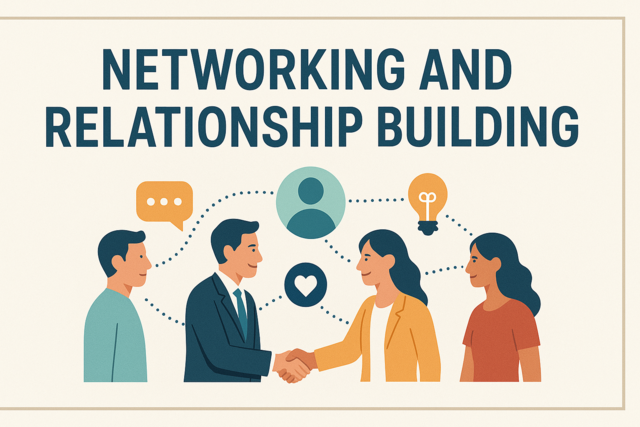 3 hours
0.3 CEUs
Networking and Relationship Building
+ More Info
3 hours
0.3 CEUs
Networking and Relationship Building
+ More Info
-
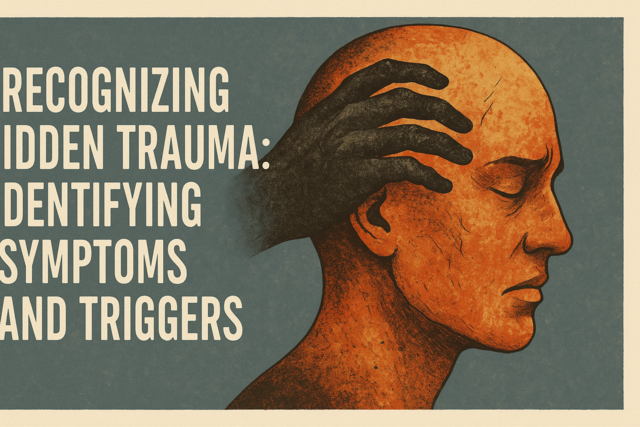 4 hours
0.4 CEUs
Recognizing Hidden Trauma: Identifying Symptoms and Triggers
+ More Info
4 hours
0.4 CEUs
Recognizing Hidden Trauma: Identifying Symptoms and Triggers
+ More Info
-
 6 hours
0.6 CEUs
Digital Marketing Fundamentals
+ More Info
6 hours
0.6 CEUs
Digital Marketing Fundamentals
+ More Info
-
 4 hours
0.4 CEUs
Implementing Universal Design for Learning (UDL)
+ More Info
4 hours
0.4 CEUs
Implementing Universal Design for Learning (UDL)
+ More Info
-
 6 hours
0.6 CEUs
Mysterious Forces in the Cosmos
+ More Info
6 hours
0.6 CEUs
Mysterious Forces in the Cosmos
+ More Info
-
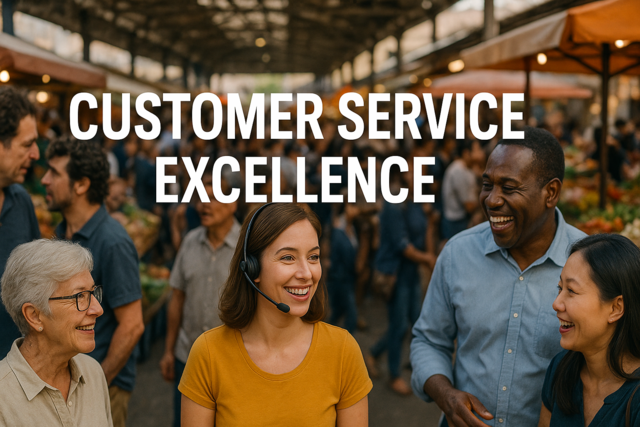 3 hours
0.3 CEUs
Customer Service Excellence
+ More Info
3 hours
0.3 CEUs
Customer Service Excellence
+ More Info
-
 4 hours
0.4 CEUs
Elite Ensembles: Crafting Timeless Women's Looks
+ More Info
4 hours
0.4 CEUs
Elite Ensembles: Crafting Timeless Women's Looks
+ More Info
-
 7 hours
0.7 CEUs
The Dynamics of Desire: Understanding Intimacy and Attraction
+ More Info
7 hours
0.7 CEUs
The Dynamics of Desire: Understanding Intimacy and Attraction
+ More Info
-
 7 hours
0.7 CEUs
Introduction to Human Resources
+ More Info
7 hours
0.7 CEUs
Introduction to Human Resources
+ More Info



